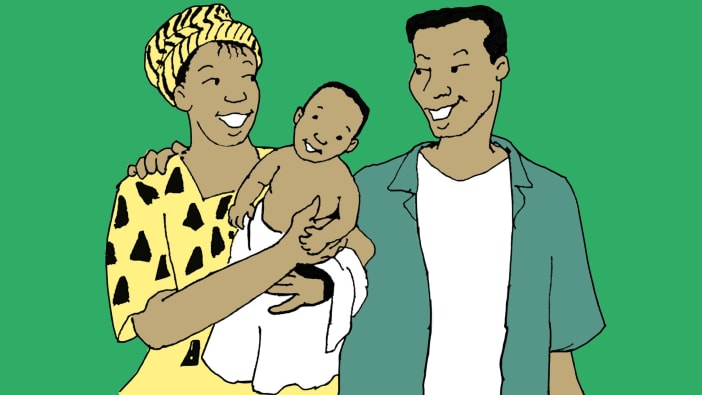by Barbara Soung and Hang Sorya.
Traditional healers are known as Khru Khmer in Cambodia. They learn their skills from old monks or older male relatives. They are nearly always male, though occasionally there are female Khru Khmer. Their female equivalents are the traditional midwives, who often learn some of their skills by watching the Khru Khmer at work.
In Cambodia when someone is sick, they call the Khru Khmer to treat the body and the spirit. For most Cambodians, all sickness is connected with the spirit – whether it is a mental problem or a broken bone. One of the ‘trademarks’ of the Khru Khmer is that they ‘blow’ on people. It is believed that a spirit possesses them, and when they blow onto a person the power of the spirit is manifest.
Much illness in animist societies is caused by fear, so people look first for spiritual healing in their own culture. Christians need to determine which practices are helpful and which are harmful. It is important to build on what people already believe (even if this is medically unhelpful), as only then can health staff begin to influence and improve the situation. This is true, not just in Cambodia, but also in other countries.
For CORD (Christian Outreach Relief and Development), weekly Bible studies with staff give a forum for discussion on such subjects. During training of traditional birth attendants, there were also discussions which opened people’s minds to the knowledge that there are alternatives. As CORD Christian staff develop relationships with local people, they can start to talk about release from fear through the Lord Jesus Christ.
Tea remedies
During pregnancy and childbirth the Khru Khmer are involved with protecting the mother and child. They tie cotton strings with long flattened metal rings around the waist of the pregnant woman. The string can be expanded as the pregnancy progresses. The Khru Khmer make a herbal tea for pregnant women to drink which helps makes the birth easy – supposedly by making the birth passage slippery. Many problems in pregnancy have ‘tea’ remedies and some healers show the relatives how to prepare it themselves.
After delivery many people believe the baby belongs to the spirit world for the first three days and only on the fourth day, if they live, is the baby part of the human world. The first three days are therefore a crucial time for protecting the child. The traditional midwife will prepare incense and fruit as an offering to the spirits on the fourth day.
Taboos
Following delivery, Khmer women are very fearful for their health, as traditionally there are many taboos connected with certain foods, working too hard, having sexual intercourse too soon after birth, carrying heavy things or being exposed to rain and wind. It is believed that if the woman breaks some of these taboos, there are no cures. She will suffer for the rest of her life or even die. This often means that if a mother has a problem after delivery, the family will look for the cause among the taboos, instead of taking the woman for medical help.
The need for education
The Khru Khmer believe that they have the answer for all illness and continue treating someone until they die. They need to know which illnesses they can cure and which need medical attention. They need to educate the people in this, too. Some educated people still believe in the power of the Khru Khmer but not in their traditional medicine. Others will buy the traditional medicines from shops without visiting the Khru Khmer.
Barbara Soung and Hang Sorya work in Pre Veng Province, Cambodia for CORD – a UK-based international Christian charity.








